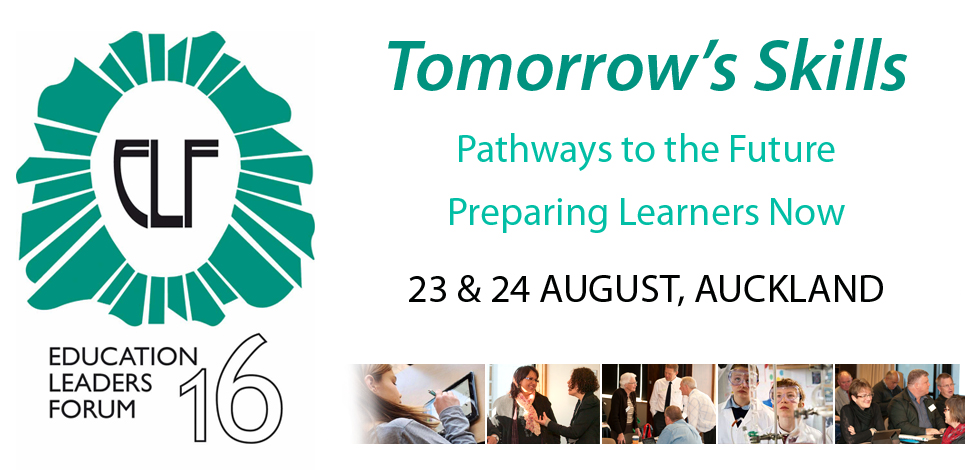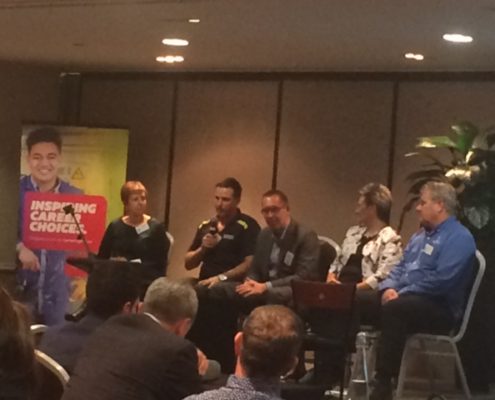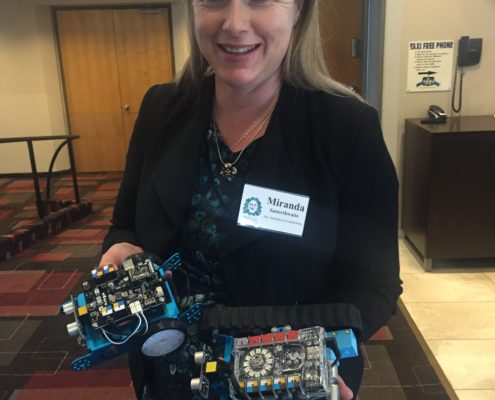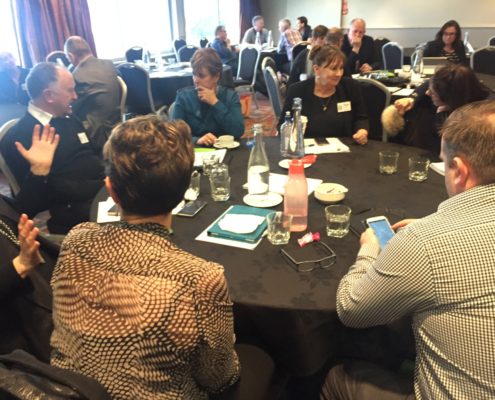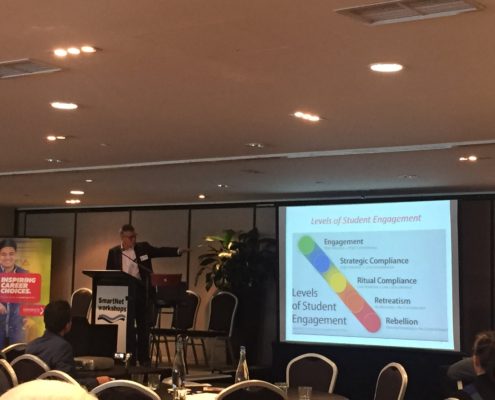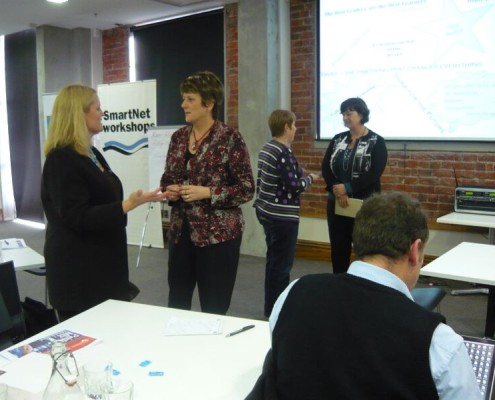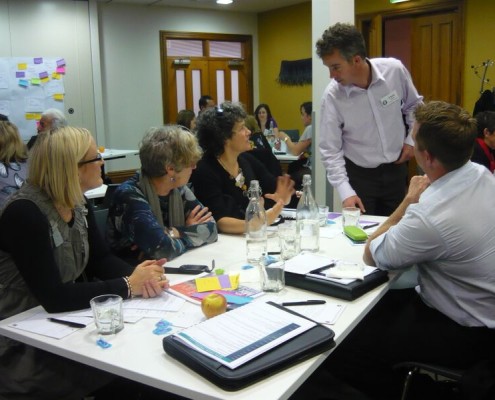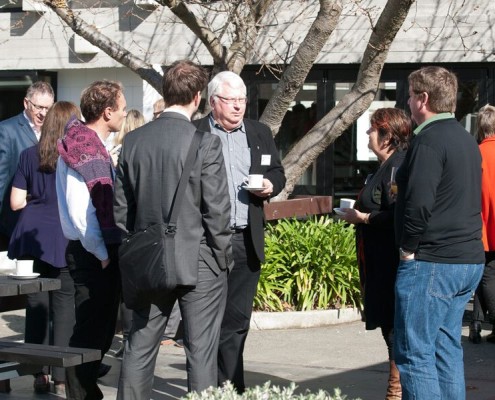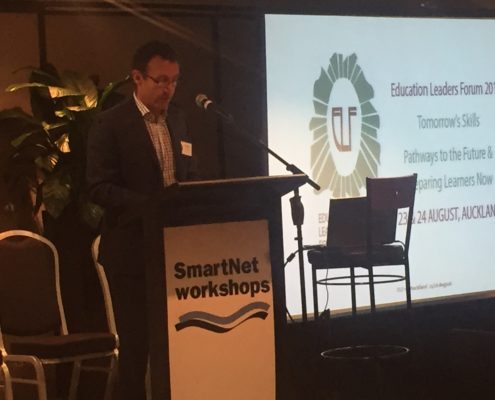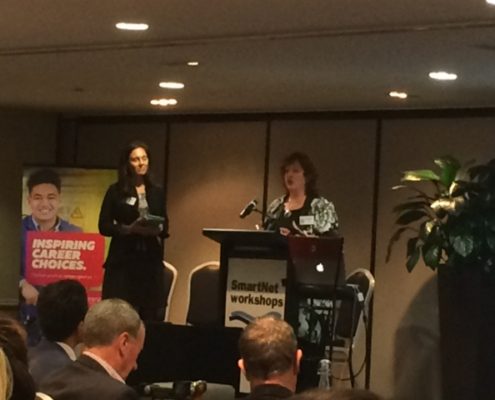If you attended ELF 2016 create a member account to gain access to digital resources and photos from ELF16. Users can login here.
ELF17 – REGISTER YOUR INTEREST
"Thank you Lyall and team for a terrific conference.... it is a world-class event..." "I think this was one of the best ‘conferences’ that I have been to." "I have attended numerous conferences around the world and wish to compliment all concerned as this has to be as good as I’ve seen, both in terms of focus and of content." "Best organised conference I have ever attended." "Brillant event. Innovative, fun and refreshing." "Congratulations on a conference well organised and received." “Many thanks, nice diverse crowd” A wonderful opportunity to network with leaders and think about new ways of learning for the future. Great to have a cross-sector conference Very inspiring with a diverse yet connected group of presenters. I will certainly recommend this as a most relevant conference to my colleagues “This year’s was the first I have attended and the information was so valuable. Thank you.” Career Education Advisor
OVERVIEW
KEY CONTRIBUTORS
“The future is already here — it’s just not very evenly distributed.” William Gibson
The tenth annual Education Leaders Forum was held on 23 & 24 August 2016 at the Waipuna Hotel in Auckland.
ELF16 was about understanding the seismic shifts happening in the world of work, the demand for different skills and the implications for education at all levels. Education at any level is not just about preparing people for the world of work. However employment readiness and adaptability are important aspects for individuals, organisations and the wider society.
Ian Jukes
Founder and Executive Director,
InfoSavvy Group
Dr Cheryl Doig
Leadership Futurist,
Think Beyond
Yesterday’s Schools?
… 65% of children entering primary school today will ultimately end up working in completely new job types that don’t yet exist.” World Economic Forum report The Future of Jobs [1]
“Tomorrow’s Schools” was implemented a quarter of a century ago in a world which no longer exists. In a digitised and globalised new world the nature of work is changing rapidly with huge implications for education and training.
Josh Williams
Chief Executive,
Industry Training Federation
Nina Sochon
Team Activator and CEO,
Transformed Teams
Over the last 25 years New Zealand has seen a rise in the ratio of skilled professionals, an increase in physical and virtual talent mobility, a big jump in the number of women in tertiary education and the workforce and a trend of unskilled men exiting the workplace. The economy has lost clerical workers, tradesmen, labourers and machinery operators and gained professionals in fields like law and IT.
By one estimate 40% of all jobs are threatened by automation in the next 15 years. Many jobs are less secure because they are part-time, temporary or rise out of self-employment initiatives. At the same time there are many new opportunities for those with the required talents, attitudes and skills.
Dr Lucy Hone
Consultant,
The 100 Percent Project
Tim Fowler
CEO,
Tertiary Education Commission
Pathways to the Future
“There’s no longer such thing as a job for life. Individuals need to be ready to drop in and out of jobs with up-to-date skills and knowledge, as required. Jane Hart The Future of Work and Learning
How Shift is Happening
The world of work is changing irrevocably in terms of what is done, where and by whom. Drones, electric cars, 3d printing, hover boards and virtual reality will all be our collective reality in short order. More
The Fragmented Future of Work
The 2015 WEF Future of Jobs report points out that in such a rapidly evolving employment landscape, the ability to anticipate and prepare for future skills requirements is increasingly critical for businesses, governments and individuals. More
Hon Hekia Parata
Minister of Education
Kirsten Browne & John Hart
Co-founders,
Fab Lab Masterton
Preparing Learners Now
“Consider whether the education system is equipping both children and adults with the skills needed to meet technological changes and enter a rapidly changing environment where the ability to quickly adapt and continuously upskill will be lifetime assets.“ Recommendation 4 http://nzier.org.nz/publication/robot-nation-the-impact-of-disruptive-technologies-on-kiwis
Learning to Adapt
It is impossible to say what challenges will confront today’s students, or what automated or virtual workplaces of the future will look like. How can education best prepare young people now to navigate their way through an increasingly complex world by becoming effective, lifelong learners capable of responding to relentless change? More
Hard Facts and Soft Skills
A 2015 Economist Intelligence Unit report Driving the skills agenda: Preparing students for the future shows how evolving business needs, technological advances and new work structures are redefining what are considered to be valuable skills for the future. More
[1] http://www3.weforum.org/docs/WEF_FOJ_Executive_Summary_Jobs.pdf
Huia Hanlen
Secondary-Tertiary Lead Advisor,
Youth Guarantee,
Ministry of Education
MORE INFORMATION
“On average, by 2020, more than a third of the desired core skill sets of most occupations will be comprised of skills that are not yet considered crucial to the job today, according to our respondents. Overall, social skills—such as persuasion, emotional intelligence and teaching others—will be in higher demand across industries than narrow technical skills, such as programming or equipment operation and control. In essence, technical skills will need to be supplemented with strong social and collaboration skills.” The 2015 World Economic report The Future of Jobs
MAJOR SPONSOR
The Ministry of Education’s two relevant work streams are
YOUTH GUARANTEE and STUDENT ACHIEVEMENT
SUPPORTERS
BLOG
Check out ELF18 Contributors and Programme
View the line up of Contributors at: https://www.smartnet.co.nz/elf-2018/contributors/ and the ELF18 Programme: https://www.smartnet.co.nz/elf-2018/programme/
ELF18 Early Bird Registrations close 30/4/18
Take advantage of the Early Bird group and individual discounts by booking now and paying by 30 April. See ELF18 Overview at https://www.smartnet.co.nz/elf-2018/ and https://www.smartnet.co.nz/elf-2018/registration-options/
…Walking the Talk
…Walking the Talk Educators have access to a huge body of new information about brain function and how humans learn and also about professional development. The key is to walk the talk. ‘Walking the talk’ matters in the use of evidence for transformative education’ is the title of a recently published invited paper for the International Bureau of […]


